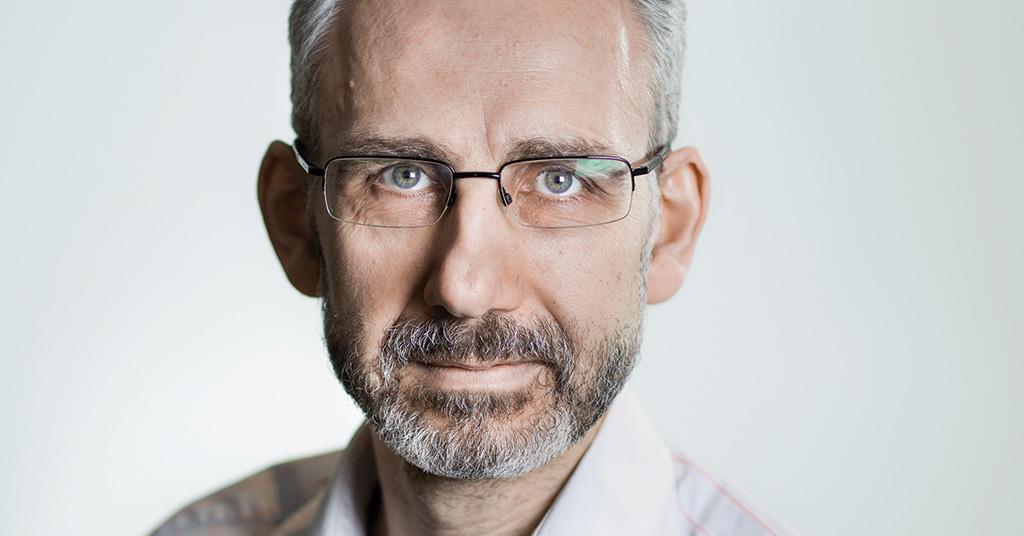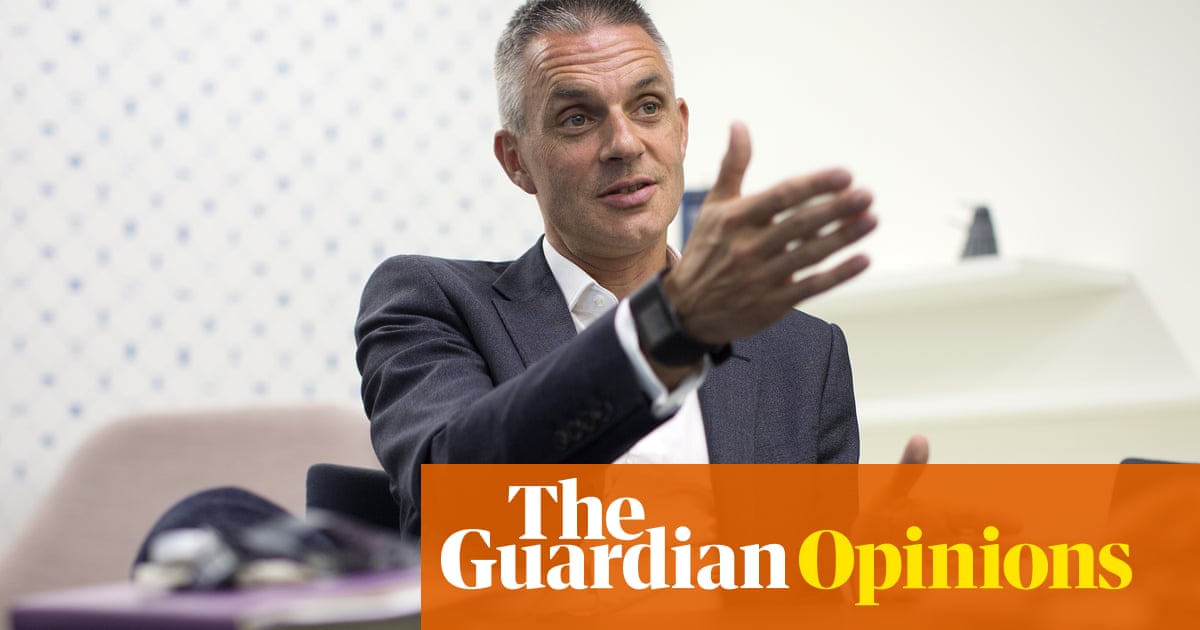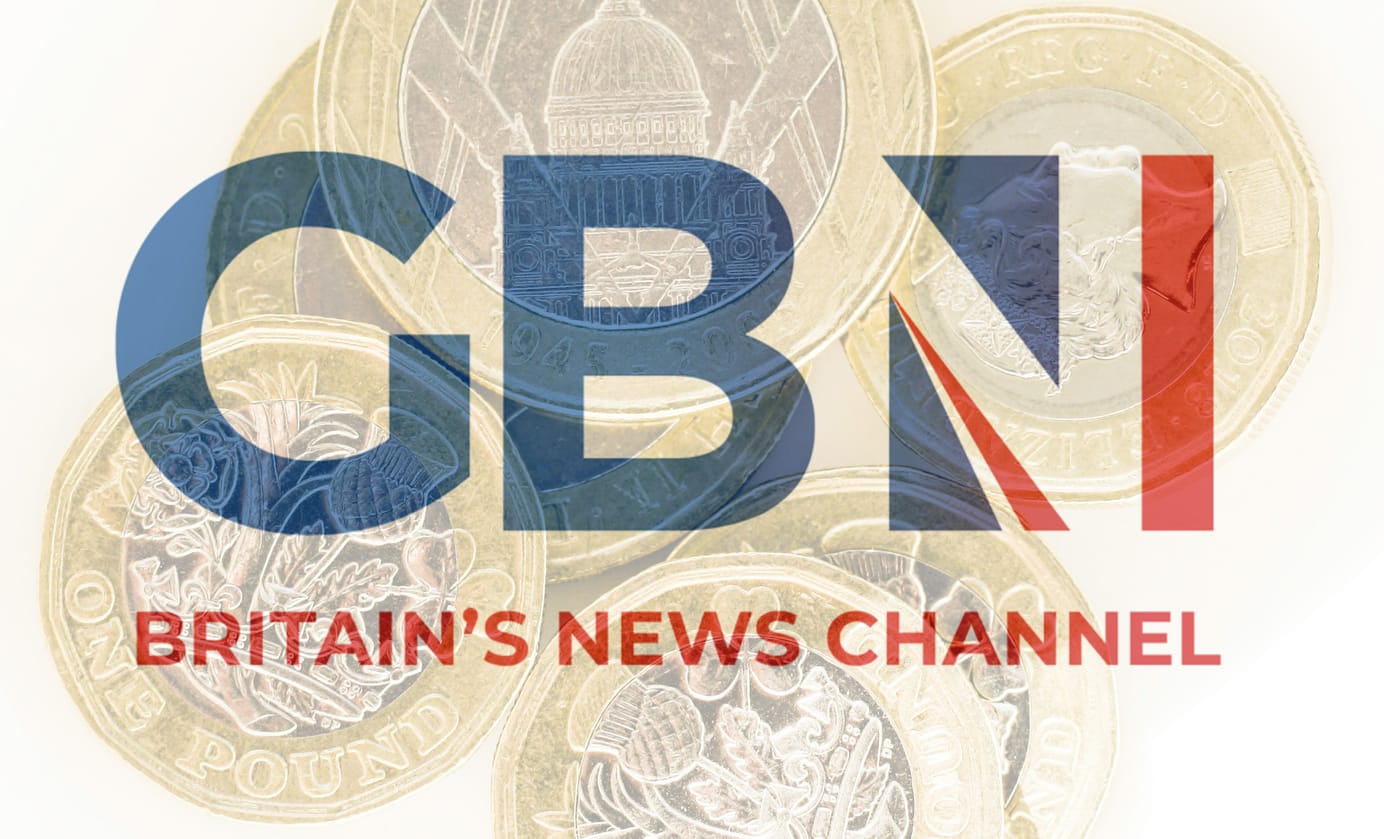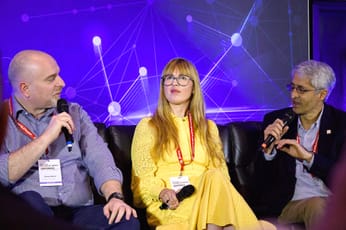
Social & Digital Coffee Break: let's amplify the experts
When two trade publications hit the headlines, and some worrying insight into the experience of female journalists online.
When the BMJ and the HSJ hit the front pages
One of the things that has heartened me a little during this hell year has been some of the big nationals starting to amplify the voices of specialist journalists, rather than just ripping off their stories. And so it's good to see today that two specialist publications are all over the mainstream news sites because they came together to call for a reversal of the UK's Christmas policy for Coronavirus:
Today, in the first joint editorial for 100 years, The BMJ (formerly the British Medical Journal) and the Health Service Journal call the Christmas relaxation “a major error” that would wipe out 20 years of progress in bringing down waiting times.
Quite a few of the national write-ups have failed to do the decent thing and actually link to the editorials, so I've done that for you:


The pandemic is a story where it is genuinely time for the mainstream, non-specialist reporters to stop hogging attention and use their incredible platforms to focus the attention on the expert reporters who understand and can report on the topics in great depth. This sort of co-operation between non-competitive parts of the industry would do wonders for the general trust levels in journalism, if done well.
But it will require a massive mindset shift — and possibly letting go of some rather over-inflated egos…
You are who you follow
More grist for the trust mill: some interesting analysis of which accounts BBC journalists choose to follow:

Harassed for being a female journalist on the internet
This is troubling but, sadly, not unexpected reading:
An alarmingly high number of women journalists are now targets of online attacks associated with orchestrated digital disinformation campaigns. The impacts include self-censorship, retreat from visibility, an increased risk of physical injury, and a serious mental health toll. The main perpetrators? Anonymous trolls and political actors.
73% of respondents had experienced inline violence, but an even more worrying 20% said they'd experienced offline violence in incidents whose root was online. Facebook was the least safe platform, interestingly.
And, if the basic human decency of supporting women through this isn't enough for employers, there's a significant impact on productivity of those impacted by harassment — with 2% leaving journalism entirely.

Tool of the Day: Typefully
A great wee tool for composing tweets and Twitter threads without all that noisy tweeting going on in your eye line:

Quick Links
- 🧑🏾💼 New features for Facebook Group admins (who need all the help they can get, as they're doing a lot of unpaid labour in keeping Facebook free of misinformation).
- 📱 What's the new iPhone capable of when used with Filmic Pro and a gimbal?
- 🦉 I read this, and all I can think of is how specialist journalism failed to provide spaces for people like this to connect, so more of our share of attention bleeds away elsewhere.
- 🚑 I'm not convinced that getting a paramedic fired because she made some money on the side with a salacious OnlyFans account is in the public interest. It's clearly a story — but decisions like this don't engender trust.
- 👩🏼⚕️ The WSJ doubles down on that eye-rolling piece that Dr Jill Biden should drop the “Dr” because she has a non-medical PhD. My wife has a PhD in immunology, but is not a medic, and I saw how much time, effort and intelligence went into getting that. This is just embarrassing.
Sign up for e-mail updates
Join the newsletter to receive the latest posts in your inbox.















